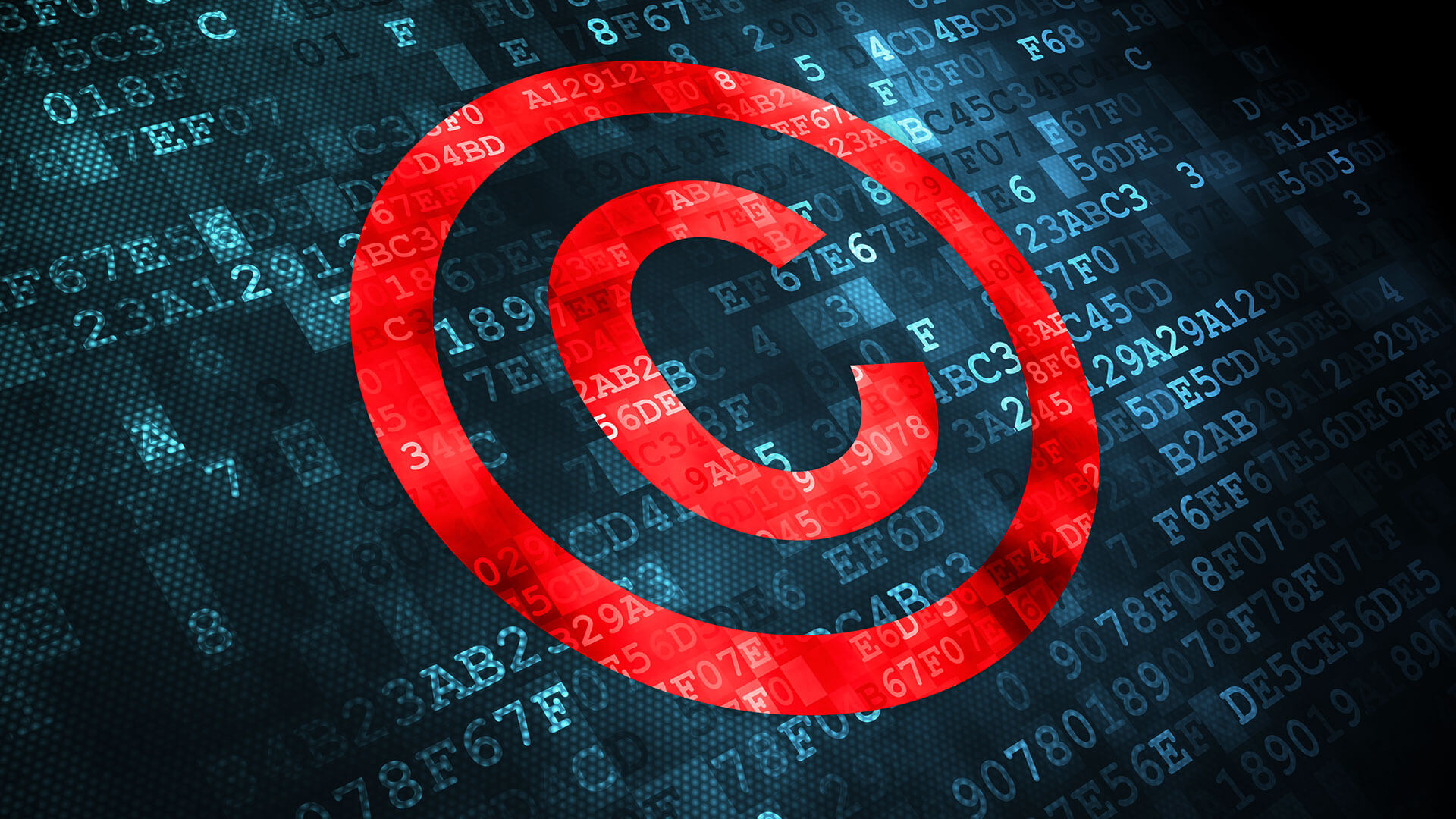
In a decision that is already controversial, the Court of Justice of the European Union (CJEU) has ruled in favor of copyright owners and against hyperlinks. The CJEU decision, though qualified, raises the strong possibility that publishers linking to infringing third party sites will also be liable for infringement.
Critics charge the CJEU decision amounts to judicial lawmaking and is an attack on the free flow of information online, contrary to the way the internet has operated to date. It also places a burden of investigation on the linking publisher to determine whether the linked content is authorized or infringing. In some cases that may be easy to determine but in many others it won’t be.
The facts of the present case were egregious but the law created by the court is bad for the internet.
The copyrighted material at issue in the case, GS Media vs Sanoma, were photos (presumably nude) of Dutch celebrity Britt Dekker, which were owned by the Dutch edition of Playboy, published by Sanoma. Here are the facts as explained by the CJEU press release:
In 2011, GS Media published an article and a hyperlink directing viewers to an Australian website where photos of Ms Dekker were made available. Those photos were published on the Australian website without the consent of Sanoma, the editor of the monthly magazine Playboy, which holds the copyright to the photos at issue. Despite Sanoma’s demands, GS Media refused to remove the hyperlink at issue. When the Australian website removed the photos at Sanoma’s request, GeenStijl published a new article that also contained a hyperlink to another website on which the photos in question could be seen. That site complied too with Sanoma’s request that it remove the photos. Internet users visiting the GeenStijl forum then posted new links to other websites where the photos could be viewed.
In other words, the publisher (GS Media) knew of the illegality of the linked content and repeatedly re-linked to it on different sites. There was no question of the intentional nature of its behavior.
The EU requires that “every act of communication of a [copyrighted] work to the public has to be authorised by the copyright holder” (with a few exceptions). The case apparently turned on the issue of “communication to the public,” which is something of a legal conclusion rather than a factual inquiry. The bottom line appears to be, however, when a for-profit publisher links to infringing content with knowledge of its illegality that publisher will be held liable.
According to the court’s release (also below):
[W]hen hyperlinks are posted for profit, it may be expected that the person who posted such a link should carry out the checks necessary to ensure that the work concerned is not illegally published. Therefore, it must be presumed that that posting has been done with the full knowledge of the protected nature of the work and of the possible lack of the copyright holder’s consent to publication on the internet. In such circumstances, and in so far as that presumption is not rebutted, the act of posting a clickable link to a work illegally published on the internet constitutes a ‘communication to the public’.
There seem to be two related factual questions that will determine liability in the future:
- Whether the linking publisher is for-profit — that appears to impose a burden of investigating the legality (authorization) of the underlying material
- Whether the linking publisher knew of the illegality of the material on the other side of the link
The decision has obvious implications for search engines. Arguably it will impose a significant burden on Google, Bing, Yandex, Yahoo or any other “search engine,” accessible in Europe, to determine whether sites indexed and presented in search results contain unauthorized content.
As a practical matter it gives power to mostly corporate content creators to demand that search engines de-index sites that contain illegal (download) links or host authorized material.